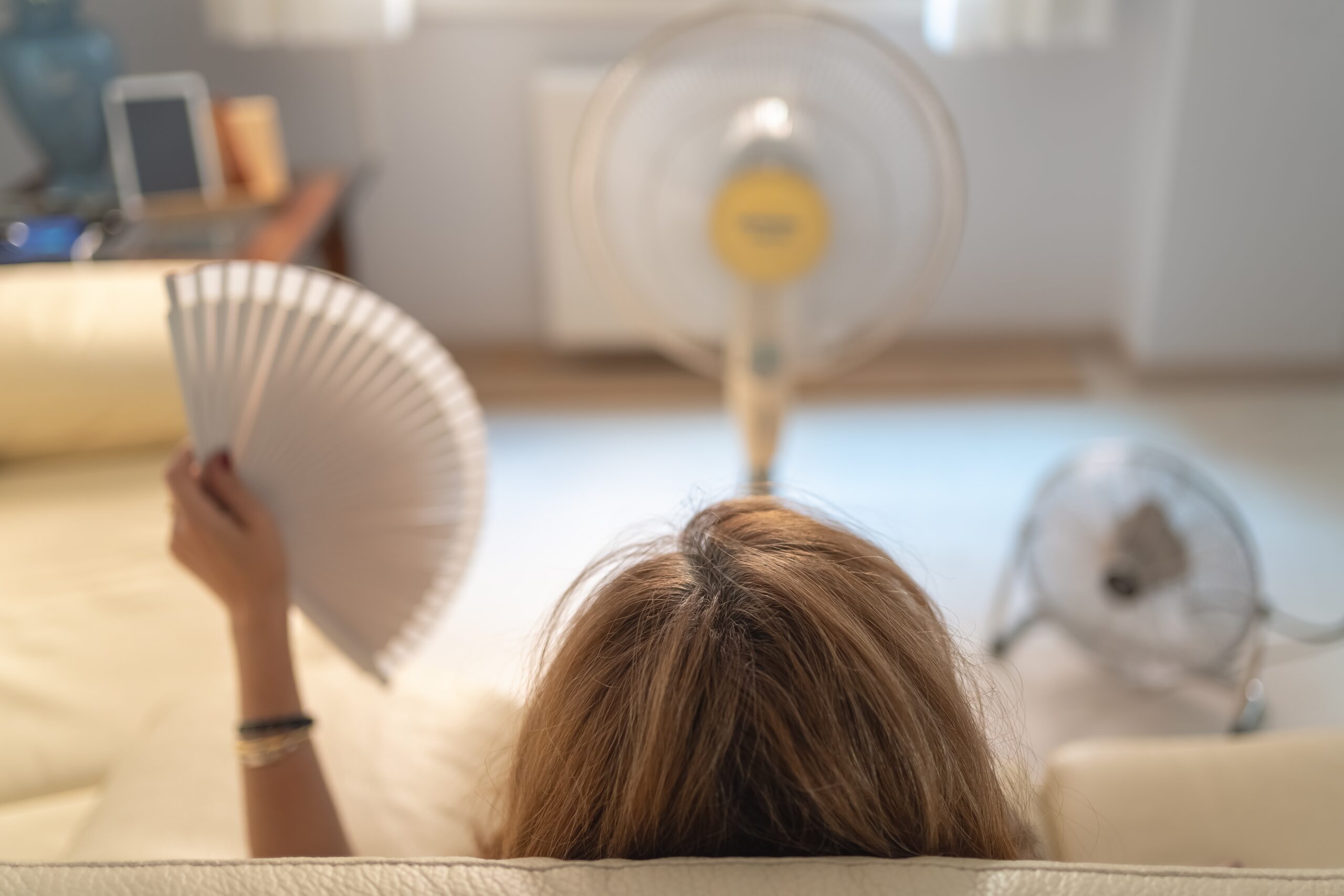Table of Contents

Phytoestrogen-rich foods like tofu, flaxseed, and whole grains could significantly reduce hot flashes and improve heart health during menopause, offering a natural alternative to hormone therapy.
At a Glance
- Hot flashes and night sweats during menopause can be reduced by up to 20% through dietary changes like the Mediterranean diet
- Phytoestrogens in foods like soy, flaxseed, and berries mimic estrogen in the body, potentially relieving menopausal symptoms
- These plant compounds may also lower LDL cholesterol and reduce heart disease risk, addressing a key concern for post-menopausal women
- Studies show that flaxseed supplementation can be as effective as hormone therapy for some women with mild symptoms
- One in three women may experience relief from menopausal symptoms through phytoestrogen-rich foods, depending on their gut bacteria
Understanding Hot Flashes and Estrogen
Hot flashes and night sweats affect millions of women during menopause, resulting from fluctuating estrogen levels that disrupt the body's temperature regulation. These vasomotor symptoms occur when estrogen decline causes blood vessels to suddenly dilate, creating the sensation of intense heat followed by sweating. Beyond temperature regulation, estrogen plays crucial roles in cardiovascular health, bone strength, and mood regulation, which explains why symptoms extend beyond hot flashes. As estrogen naturally decreases during menopause, many women seek solutions to manage these uncomfortable and sometimes debilitating symptoms.
The connection between estrogen and hot flashes creates an opportunity for dietary intervention. While hormone replacement therapy remains effective for many women, others prefer natural approaches or cannot use hormone therapy due to health contraindications. This is where phytoestrogens – plant compounds that resemble estrogen in structure – offer promising benefits. They can weakly bind to estrogen receptors in the body, potentially helping to normalize hormonal fluctuations and reduce symptom severity.
Beneficial Foods for Menopausal Relief
Soy products stand out as particularly beneficial phytoestrogen sources for menopausal symptom relief. Tofu, tempeh, edamame, and soy milk contain compounds called isoflavones, particularly genistein and daidzein, which have demonstrated effectiveness in clinical studies. Research indicates women in Asian countries who traditionally consume higher amounts of soy experience fewer menopausal symptoms. The isoflavones in these foods can help reduce hot flash frequency and intensity for many women without increasing breast cancer risk, contrary to previous concerns.
Flaxseed represents another powerful phytoestrogen source worth incorporating into a menopausal diet. Ground flaxseed contains lignans that convert to compounds with estrogen-like effects in the body. Studies have found that consuming 40 grams of flaxseed daily can be as effective as hormone therapy for relieving mild menopausal symptoms. Other beneficial foods include berries (particularly strawberries), whole grains like oats and barley, legumes such as chickpeas and lentils, and seeds including sesame and sunflower. These foods not only help with symptom management but also provide fiber, protein, and essential nutrients.
Dietary Strategies Beyond Phytoestrogens
The Mediterranean diet has shown impressive results for menopausal symptom management, potentially reducing hot flashes and night sweats by approximately 20%. This eating pattern emphasizes vegetables, fruits, whole grains, olive oil, and lean proteins while limiting processed foods and red meat. The anti-inflammatory properties of this diet likely contribute to its effectiveness. Additionally, omega-3 fatty acids found in fish like salmon and sardines, as well as in walnuts and flaxseed oil, may further reduce inflammation and provide relief from hot flashes.
Just as important as knowing what to eat is understanding what to avoid. Caffeine, alcohol, spicy foods, and processed sugars can trigger or worsen hot flashes in many women. These substances affect blood vessel dilation and body temperature regulation. Timing of meals also matters during menopause. Eating smaller, more frequent meals can help maintain steady blood sugar levels, potentially reducing hot flash triggers. Some experts recommend eating only during daylight hours to align with the body's natural circadian rhythms and optimize metabolic health.
Heart Health Benefits of Phytoestrogens
Beyond symptom relief, phytoestrogens offer significant cardiovascular benefits for menopausal women, who face increased heart disease risk as estrogen levels decline. Research shows phytoestrogen-rich foods like soy and flaxseed can help lower LDL (bad) cholesterol levels while maintaining or increasing HDL (good) cholesterol. This cholesterol-regulating effect contributes to reduced plaque formation in arteries and decreased risk of heart disease, addressing a leading health concern for post-menopausal women. The isoflavones in soy appear particularly effective for heart protection.
Many phytoestrogen-rich foods provide additional cardiovascular benefits through their fiber content, antioxidant properties, and healthy fat profiles. Whole grains, legumes, and vegetables create a heart-healthy dietary pattern that supports overall cardiovascular function. The combination of direct phytoestrogen effects and these complementary nutritional benefits makes these foods particularly valuable for women navigating menopause. For optimal results, nutrition experts recommend incorporating a variety of phytoestrogen sources rather than focusing on a single food, allowing for synergistic effects and comprehensive nutritional support during this transitional life stage.
Sources:
https://health.clevelandclinic.org/what-to-eat-when-you-have-hot-flashes
https://www.usenourish.com/blog/estrogen-rich-foods-for-menopause
https://www.jeanhailes.org.au/news/foods-for-menopause
https://www.webmd.com/diet/foods-high-in-estrogen
https://www.medicalnewstoday.com/articles/320630
https://www.healthline.com/nutrition/foods-with-estrogen
https://www.va.gov/WHOLEHEALTHLIBRARY/tools/phytoestrogens.asp
https://www.bswhealth.com/blog/9-foods-that-fight-menopausal-hot-flashes
https://nypost.com/2025/02/12/health/calm-menopausal-hot-flashes-with-this-low-calorie-snack/https://pmc.ncbi.nlm.nih.gov/articles/PMC4168319/
